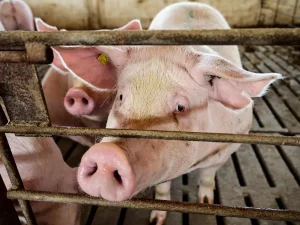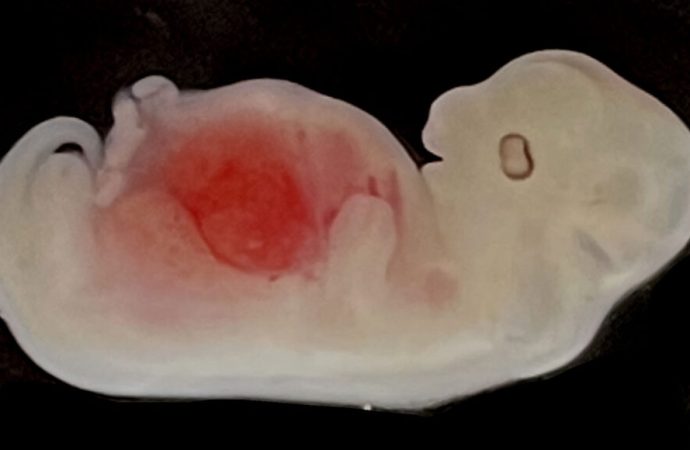The Organ Transplant Challenge Organ transplantation has long been a beacon of hope for those in need of life-saving interventions. Yet, the shortage of viable organs and the complexities of compatibility have remained formidable challenges. Each year, countless individuals wait anxiously for a chance at a new lease on life, hoping for a compatible donor
The Organ Transplant Challenge
Organ transplantation has long been a beacon of hope for those in need of life-saving interventions. Yet, the shortage of viable organs and the complexities of compatibility have remained formidable challenges. Each year, countless individuals wait anxiously for a chance at a new lease on life, hoping for a compatible donor match.
The scarcity of organs available for transplantation has led scientists and medical professionals to explore innovative avenues that could alleviate this crisis. The quest for a solution has brought us to the intersection of human biology and animal embryos—an intersection that holds the promise of revolutionizing organ transplants.
Pig Embryos and Human Cells: A Unique Alliance
At first glance, the notion of combining pig embryos with human cells may appear to be the stuff of science fiction. However, science often pushes the boundaries of what we deem possible. In this groundbreaking research, scientists have created a unique alliance by injecting human pluripotent stem cells into pig embryos.
The idea is to harness the developmental potential of pig embryos to grow humanized organs, particularly kidneys. This hybrid approach has the potential to address the organ shortage crisis in a way that was once inconceivable.

Image by: https://www.theguardian.com/science/2023/sep/07/humanised-kidneys-grown-inside-pigs-for-the-first-time
The Breakthrough Discovery
The breakthrough moment arrived when researchers successfully managed to cultivate humanized kidneys within pig embryos. These kidneys, containing a significant proportion of human cells, demonstrated astonishing functionality. This achievement marked a significant leap forward in the field of organ transplantation.
Imagine a future where compatible organs can be grown on-demand, significantly reducing waiting times and increasing the likelihood of successful transplants. The implications of this discovery are nothing short of revolutionary.
Paving the Way for Ethical Considerations
While the scientific community celebrates this milestone, it’s essential to address the ethical considerations that arise from growing human organs in animal embryos. Questions of consent, animal welfare, and the moral boundaries of such research demand careful scrutiny and regulation.
Scientists and ethicists are collaborating to establish clear guidelines and ethical frameworks that will govern the development and use of humanized organs. Ensuring that this remarkable breakthrough is harnessed responsibly is paramount.
A Future of Hope for Organ Transplants
As we stand on the precipice of a new era in organ transplantation, the future holds the promise of hope. The ability to grow humanized organs in pig embryos could drastically alter the organ transplant landscape.
- Eliminating Organ Shortages: With a renewable source of organs, the scarcity issue could become a thing of the past.
- Reducing Rejection Rates: Organs grown from a patient’s own cells could minimize rejection risks.
- Customized Organ Production: Tailored organs based on individual genetic makeup could become a reality.
- Timely Transplants: Faster access to organs could save countless lives.
Conclusion: The Dawn of a Medical Revolution
In the pursuit of solutions to the organ shortage crisis, scientists have embarked on an extraordinary journey—one that has brought us closer to a future where organ transplantation is no longer hindered by scarcity and compatibility constraints. This collaboration between human cells and pig embryos, though met with ethical considerations, promises a brighter future for countless individuals in need of life-saving transplants.
For the updated news seekers among us, this is a moment of scientific brilliance and a testament to the unrelenting spirit of human innovation. The dawn of a medical revolution is upon us, and as we tread cautiously into this new frontier, we hold the power to rewrite the future of organ transplantation—one that offers hope, health, and the promise of a second chance at life.

















Leave a Comment
Your email address will not be published. Required fields are marked with *